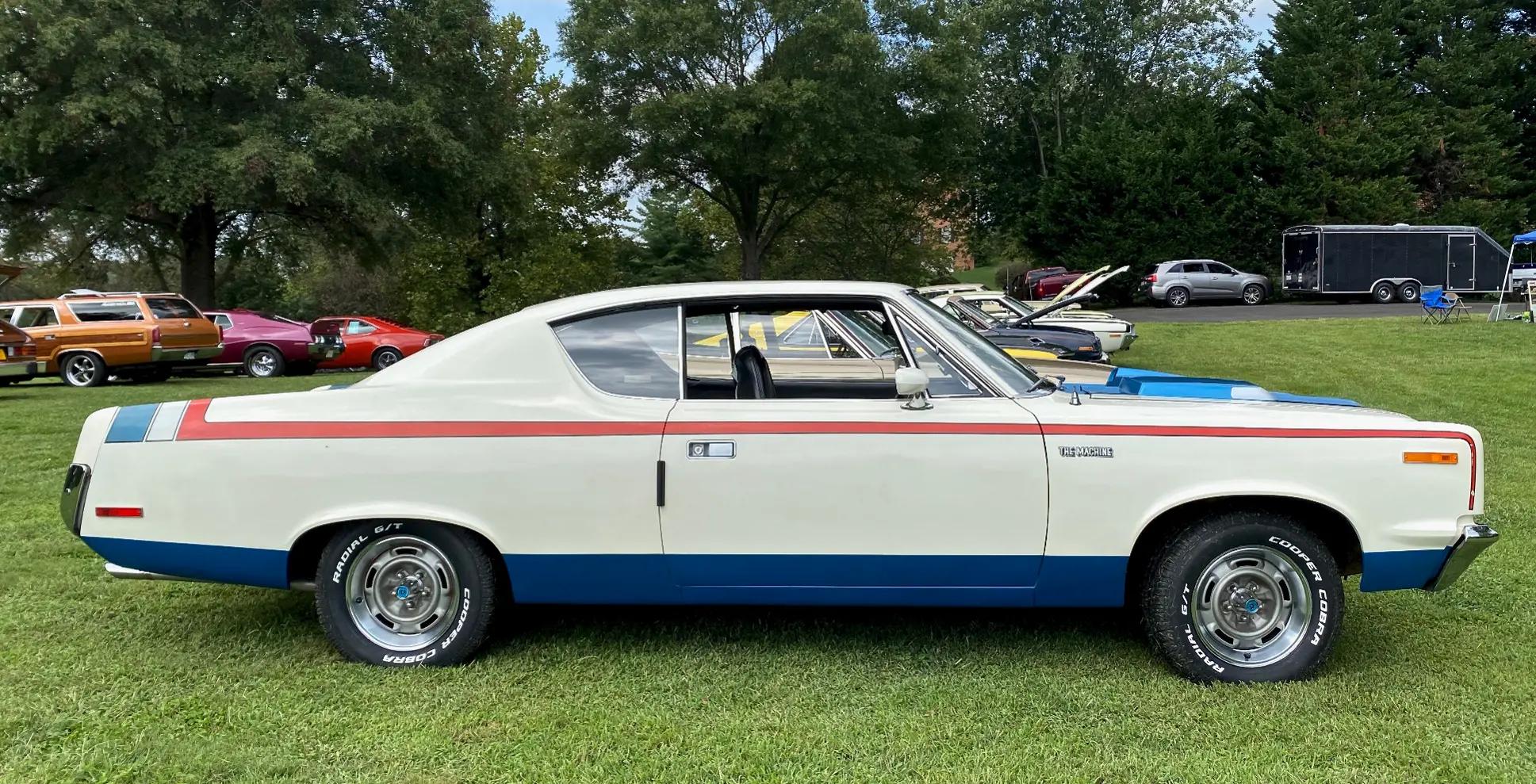Buy
Sell
Advertise
About us
Partners
Dealers Near Me
Instant Cash offer
Rarecars.com is your go-to destination for rare and collectible automobiles. From rare classics to limited-production gems, we offer a curated selection for collectors and enthusiasts alike. Discover the exceptional with Rarecars.com.
More about us- Buy
- Sell
- Advertise
- About
- More
- Contact Us(650) 550-2277Sales@rarecars.com
Location
Silicon Valley, California


















